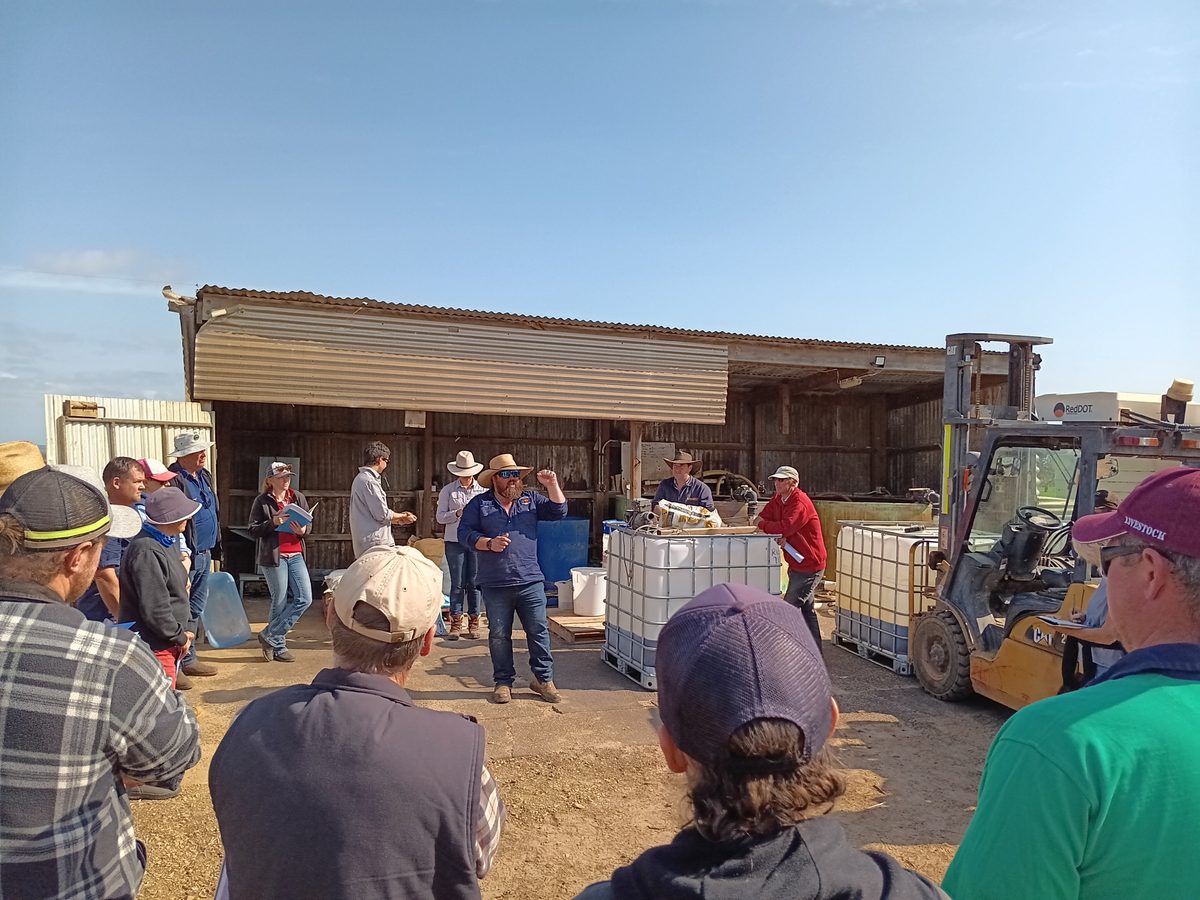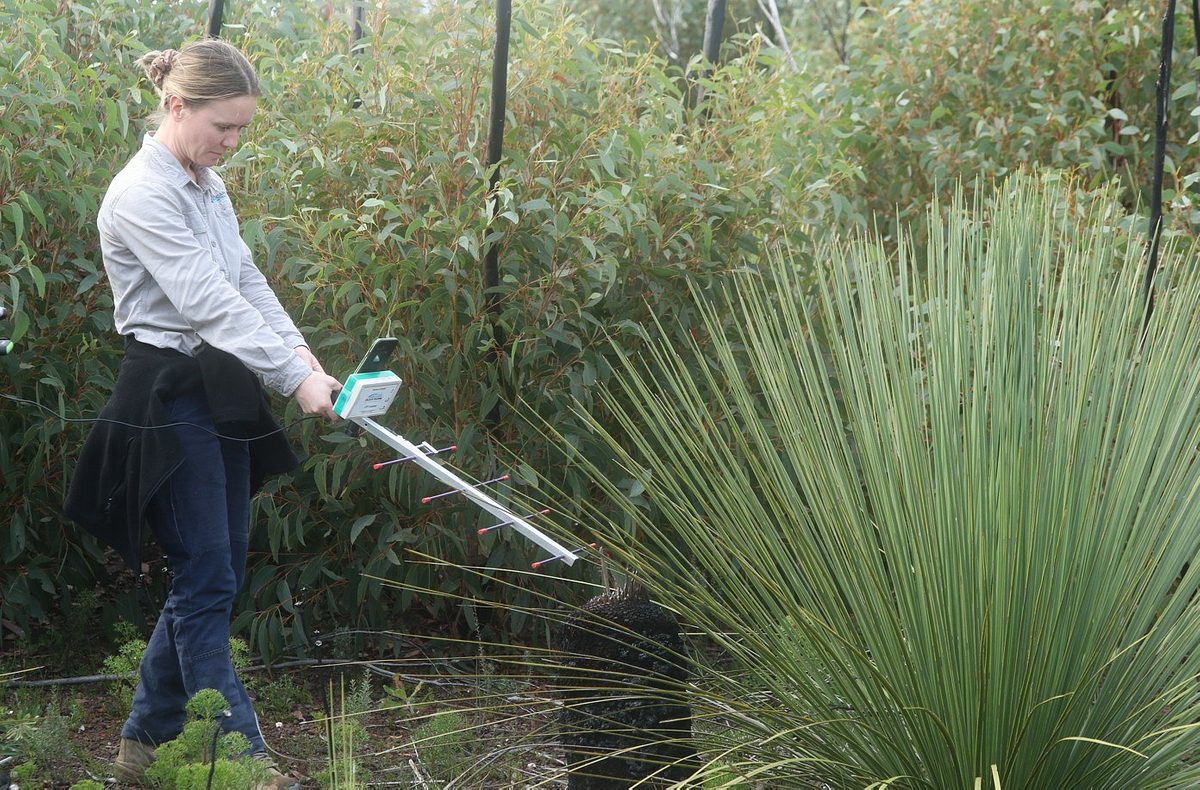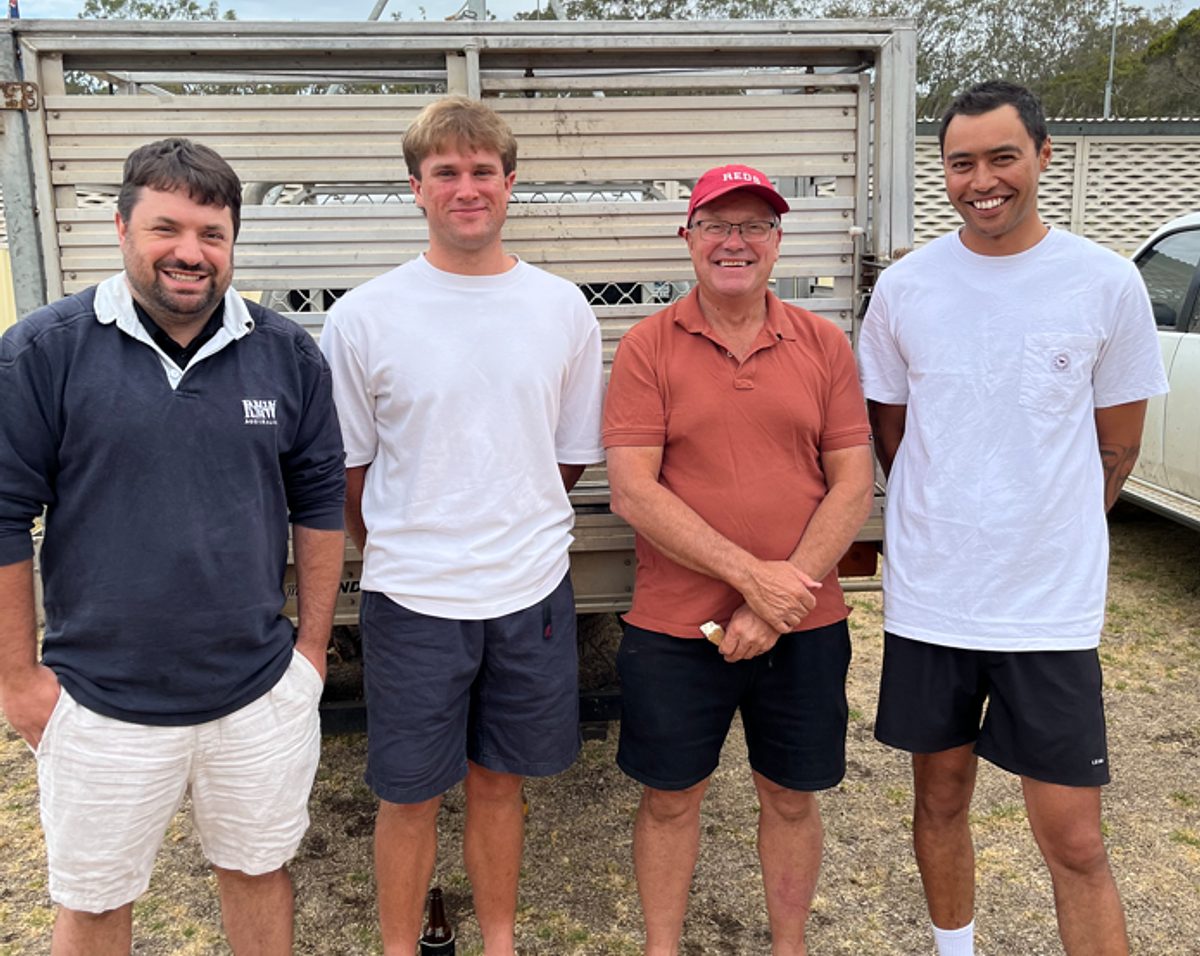A wild new prescription
World Parks congress discusses prescribing environmental activities to improve health and wellbeing
Imagine going to the doctor and being given a prescription to spend a certain number of hours in a National Park instead of (or as well as), one for medication. It happens in San Francisco, where if you visit a doctor you may receive a ‘park prescription’ to assist in improving your health.
In Australia it’s known as a ‘green referral’ and is gaining increased acceptance, particularly in Victoria where the link between ‘Healthy parks and healthy people’ has started to shape health practices.
Kangaroo Island is playing its part in demonstrating the link between improved health and wellbeing and participation in nature based activities. Robyn Molsher, Wildlife Program Manager at Natural Resources Kangaroo Island, gave a presentation at the recent World Parks Congress in Sydney on the ‘Get dirty, feel good’ project that was held on KI in 2013 and 2014. This project provided a structured program of environmental volunteering activities to people of diverse ages and backgrounds and demonstrated the value of connecting with nature.
The opportunity to present at this prestigious conference was recognition of the importance of the KI project. Five thousand delegates from around the world attended the congress and ‘Improving health and wellbeing’ was one of its major themes. It’s an important issue overseas and a key message from presenters was the need to form partnerships between the health and environment sectors.
Robyn found it a stimulating and exciting experience to learn more about what is happening elsewhere and to be able to contribute the findings from Kangaroo Island,‘It was a privilege to represent the island and showcase the innovative work that we are doing here, especially the strong partnership that exists between different agencies and groups in the development and co-ordination of the project,’ she said.
Some of the key points from the Congress were:1. There is an emerging body of research that suggests that exposure to nature can improve health and wellbeing, and play a role in slowing the onset of chronic disease. For example, San Francisco is facing a health crisis with the rate of antidepressant prescriptions and obesity sky rocketing. Doctors have issued a parks prescription to 380,000 people, requiring them to spend time in a park. Case studies were provided of people whose obesity failed to be cured by medications and behavioural treatment but were successfully treated by the park prescription.
2. Partnerships between the environment and health sectors need to be established or strengthened. Examples of successful partnerships from other countries included elephant-assisted autism therapy in Thailand and the ‘wood if we could’ dementia program in England (which identified physical, emotional and social improvements in patients after connecting with nature).
3. Children and young people are spending less time outside in nature than in the past and this is having an impact on their health, behaviour and obesity levels.
Unlike many of Australia’s cities and towns, Kangaroo Island provides a great opportunity to get out and experience nature without having to travel long distances. With world-renowned parks on our doorstep the community can easily try ‘getting dirty and feeling good’.
Find out more informabout Kangaroo Island’s National Parks and Reserves or nature based volunteering projects or contact us.



